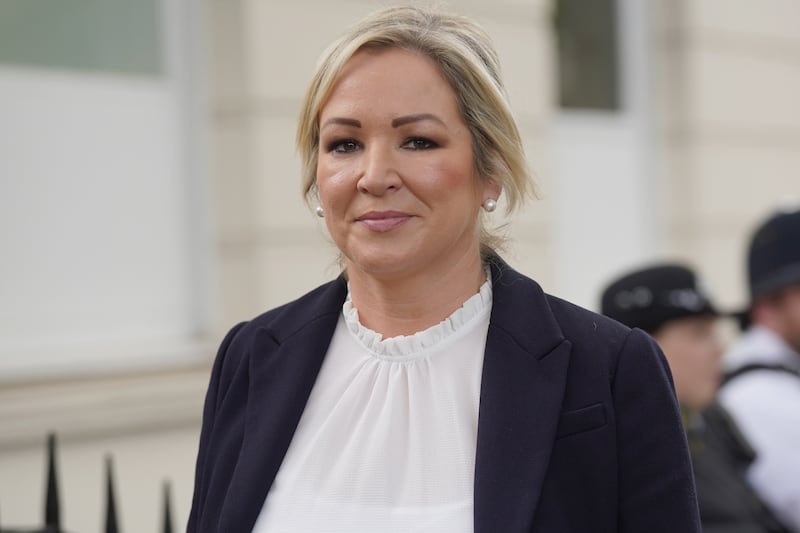THE trade show and exhibition season will kick off in a serious way for small businesses across the UK and Ireland in the next few weeks.
With events like the Northern Ireland Investment Summit 2023 coming up, the “season” will get into full swing here from September and continue right through to next June.
In our high tech, online existence, there is a fear that trade shows are being viewed as an outdated way of doing business and one that small business owners shouldn’t spend much of their precious time on.
Many owners themselves have commented that trade shows and exhibitions are “time away from the business and a distraction to the real job at hand”.
But the reality couldn’t be further from the truth.
It is no secret that small business growth has always been directly linked with the entrepreneur building constructive, authentic and long-term relationships. Trading as we do, in the north west tip of Europe, in a highly competitive, post Covid landscape, the need for small business owners to seek out new opportunities is now more crucial than ever.
Trade shows and exhibitions provide so many chances to nurture the type of relationships that develop prospect leads, consider new suppliers and create loyal customers.
With so many demands on an entrepreneurs time, there is an opportunity to meet a number of contacts in a very short space of time as well as access new and innovative industry developments.
The key to success, as with most other parts of life, is in developing a structure and planned approach before the event with effective execution on the day. It’s good to take an annual look at the events that are most appropriate to attend within your sector (and any associated sectors) and allocate an annual budget to cover the costs of attendance (and exhibiting) and any promotional material.
Every trade show has an exhibitor’s directory that’s published well in advance of the event, making it easy for small businesses to develop a networking plan for the day.
Plot out which stands you need to visit on the day and connect with any key contacts on social media before the event. On the day itself, the key is to focus on your networking plan and go for it.
Give plenty of consideration to the message you want to get across to prospects, understanding that a good outcome is to have created enough interest that you can follow up with information post event.
As with all aspects of running a small business, the real learning is in the evaluation. Taking stock of the usefulness of an event - both the next day and then six months later - will provide a valuable insight into the return on the investment of your time and any changes that could be made to improve on this ratio in the future.
:: Michelle Lestas is a turnaround small business specialist, keynote speaker, published author of “In Business with Yourself” and chair of the Association of Business Mentors (Ireland)








